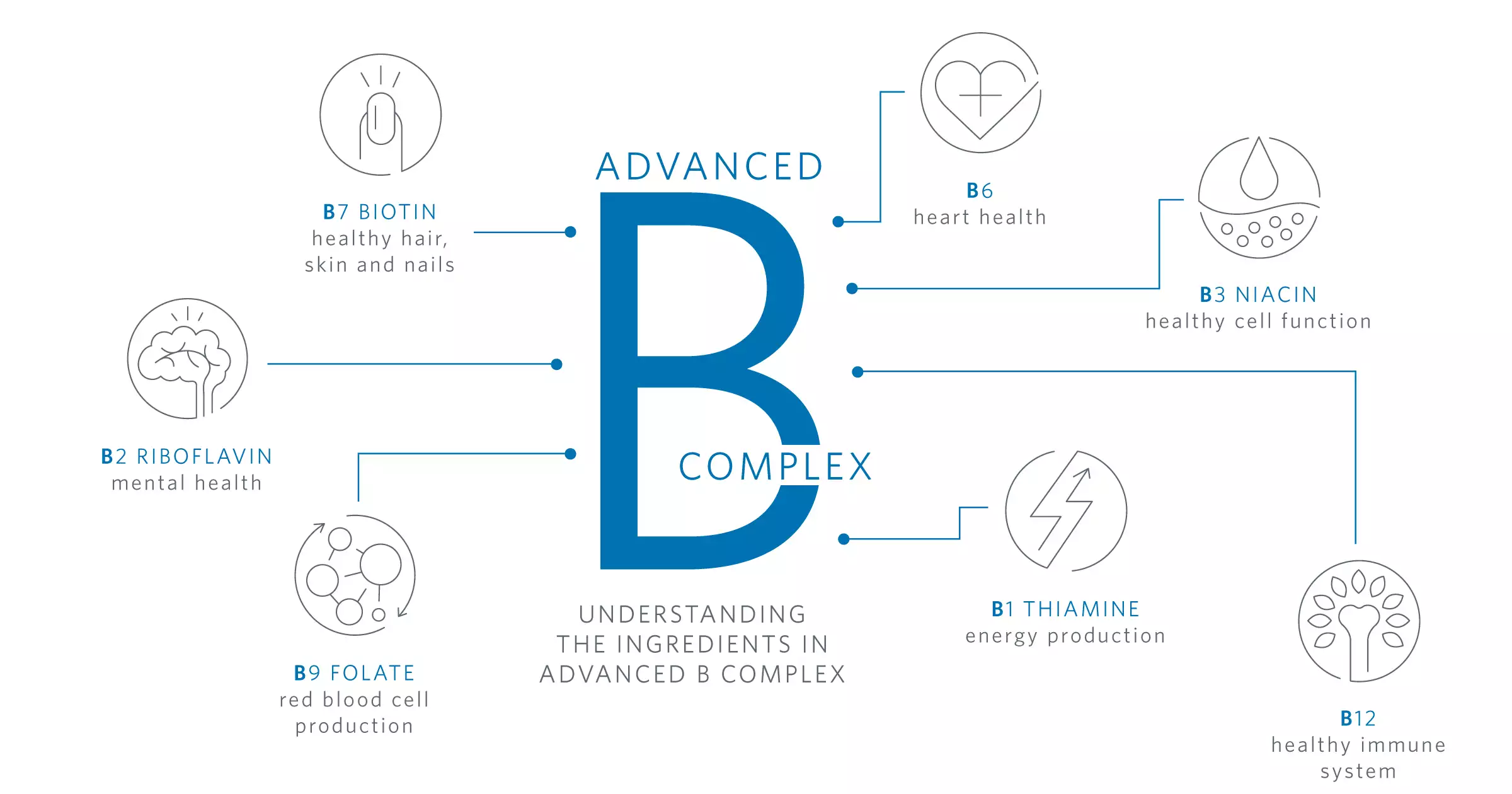
Understanding Diabetes and Its Risk Factors
Type 2 diabetes is a lifestyle-related disease that is closely linked to the obesity epidemic, affecting over 37 million people in the US. Several factors, including family history, age, body weight, and physical inactivity, can increase the likelihood of developing prediabetes. The American Diabetes Association advises screening for diabetes at age 45 or earlier if you have one or more risk factors. Understanding these risk factors is crucial for both preventing and managing diabetes. Making lifestyle modifications such as improving diet and increasing exercise can significantly reduce the risk of progressing from prediabetes to developing diabetes.
Identifying the Warning Signs of Diabetes

Early warning signs of diabetes include frequent urination, excessive thirst, and constant hunger. Elevated blood sugar, or high blood sugar, can lead to subtle symptoms that may be easy to overlook. Additional signs include repeated infections, blurred vision, and slow-healing wounds. Recognizing these symptoms early and consulting with your doctor can prevent more severe health issues.
Adopting a Healthy Lifestyle to Reduce Risk Factors

Making lifestyle changes can either increase or reduce your risk of developing diabetes. A poor diet significantly impacts your diabetes risk, making it crucial to evaluate your dietary choices. Adopting a balanced diet, along with healthier food choices, can help prevent the progression to diabetes and even reverse prediabetes. Start with small, sustainable goals like incorporating regular physical activity and making healthier food choices. Aim for at least 150 minutes of moderate exercise per week or 10,000 steps daily. Maintaining a healthy weight, quitting smoking, and limiting alcohol consumption are also key factors in reducing risk.
The Importance of a Healthy Diet in Managing Blood Sugar

A healthy diet is essential for controlling or reversing prediabetes. Achieving and maintaining a body mass index (BMI) of 25 or lower can significantly reduce the risk of developing type 2 diabetes. The Mediterranean diet is often recommended due to its emphasis on whole grains, lean protein, and healthy fats. Balancing your diet and making smart choices can help manage blood sugar levels and improve overall health. All foods, including healthy carbohydrates and fats, can fit into a well-planned meal strategy.
Creating a Personalized Plan to Prevent Diabetes

Working with a registered dietitian can help create a personalized food plan tailored to your specific health goals. This approach includes setting realistic goals, tracking progress, and making adjustments as needed. A personalized plan helps you stay on track and adopt sustainable lifestyle changes.
Taking Control of Your Health

Knowing your ABCs—A1C, blood pressure, and cholesterol—is critical to maintaining overall health and effective disease control. Monitoring your A1C levels through yearly blood tests and staying informed can help you manage your risk. Additionally, managing diabetes effectively can reduce the risk of heart disease, which is often associated with chronic conditions like type 2 diabetes and prediabetes. Taking control of your health through proactive lifestyle choices can significantly lower the risk of chronic diseases, including diabetes and cardiovascular disease.
Overcoming Prediabetes and Reducing Your Risk

Through dietary changes, regular activity, weight management, and possibly medication, you can take control of your health and even reverse prediabetes. Achieving and maintaining a body mass index (BMI) of 25 or lower is crucial in reducing the risk of type 2 diabetes. Studies show that modest weight loss can delay the onset of type 2 diabetes, with a reduction of just 5% to 10% of body weight having a significant impact on A1C levels. By adopting healthy habits, you can reduce your risk of developing type 2 diabetes and other chronic conditions.























